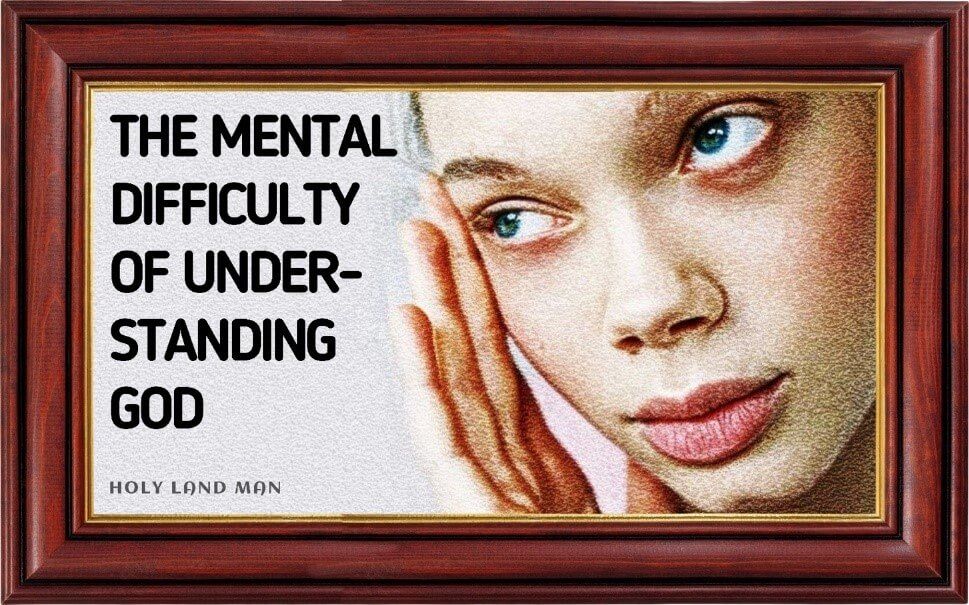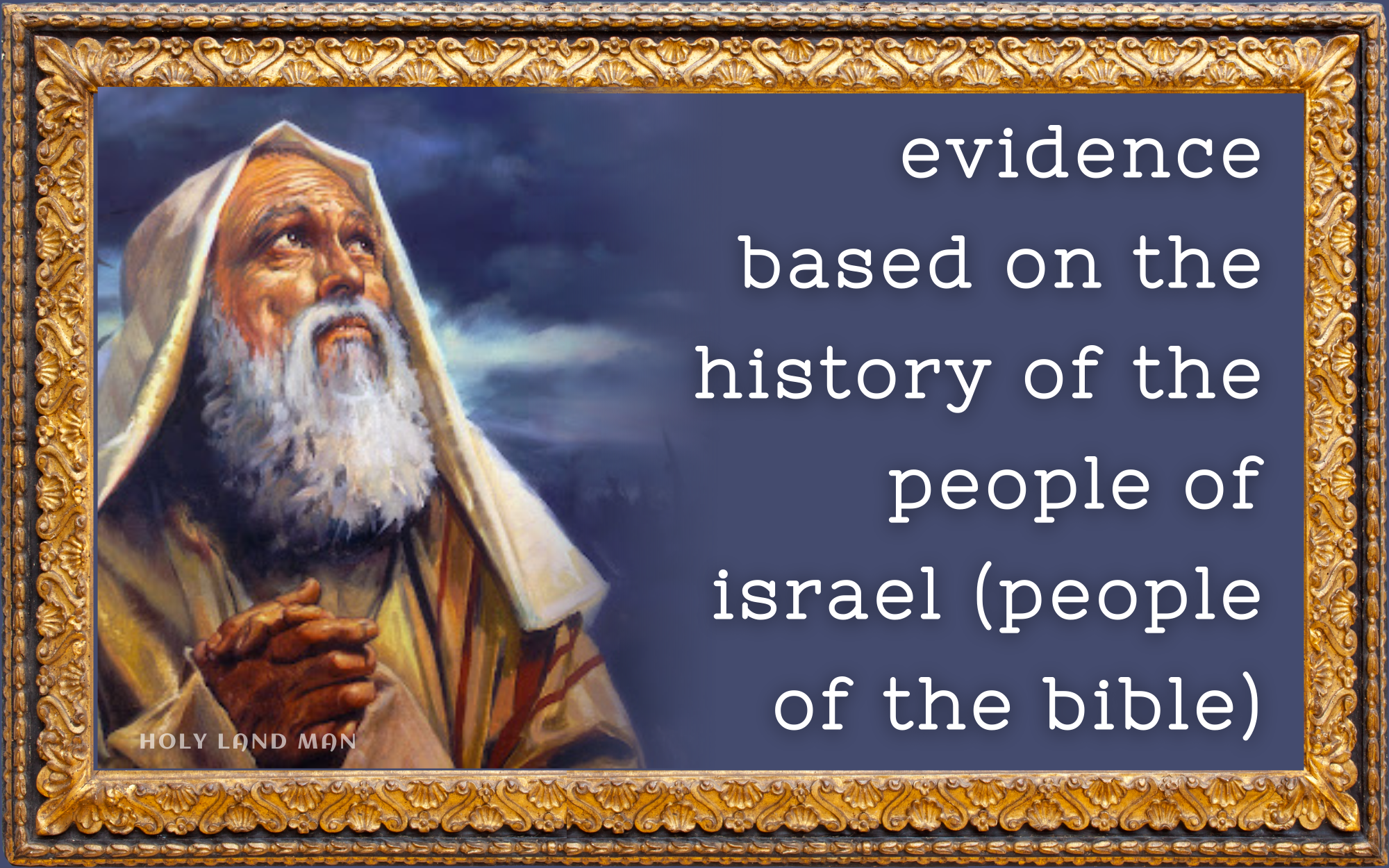“Therefore most of the wise disciples who seek GOD will find weary and weary in spirit.” The first paragraph speaks of all human beings seeking GOD, the Absolute, that which is above all, that which is beyond. But seemingly there is no such thing in the world. The result, in the end, is that the serious, truth-seeking people end up frustrated because when they try to get closer to GOD, they fulfill him and treat him in the wrong mental way and thereby diminish him, thus moving away from him.
“We need to show the way how to enter the lounge. The gate is the divinity revealed in the world. In the world in all its beauty and splendor, in every spirit and soul, in every living thing and creeper, in every plant and flower, in every gentile and kingdom, in the sea and its waves, in the fragrances of play and the exclusion of the luminaries, in the talents of every discourse, in the ideas of every writer, in the imaginations of every poet and in the logics of every thinker, in the feeling of every feeling and in the storm of the heroism of all Hero.”
Here comes Kook’s solution: “You have to show the way to get into the lounge” is a parable. To enter the palace you have to go through the gate. And what is that gate?
“In the ideas of every writer, in the imaginations of every poet and in the logic of every thinker, in the feeling of every feeling and in the storm of the heroism of every hero” Kook explains that the relation to GOD is the relation to the whole being to all reality and beyond. The rabbi writes here in the form of a song to emphasize to us that “GOD is revealed in everything,” (when writing dryly and technically). The lyrical poetic way makes a person understand also through his feelings of admiration, life, and soul, that the concept of “everything” really includes everything. It includes, for example, all the thoughts that have been and will be and everything that has happened or will happen in the world.
Here is a trap to watch out for. “Everything” is an infinite concept, and it is very similar to the philosophical method of Baruch Spinoza, called Pantheism. As “pan” means general, and “theism” means divine, he is almost right, but because he is almost right, he is completely wrong. Spinoza claimed that GOD is everything, and it is a complete mistake to say so. Instead, we say that GOD appears in everything. When we say appear, we do not reduce GOD to our “everything.” Whoever claims that GOD is everything, in fact reduces and limits him.
To say that Isaac appears in a suit describes him, but does not limit and diminish him. If we say that Isaac is a man dressed in a suit, when Isaac comes without a suit, he will not be Isaac. When Spinoza says that GOD is everything, he defines and fulfills GOD, only within the limits of human thought of the word “everything.” When we say that GOD appears in everything, we are not talking about the essence of GOD.
The relationship to GOD stems from our encounter with GOD’s appearance to us through reality. Just as our ability to relate to every detail in reality, from man to a grain of dust, stems from our encounter with the way he appears in reality, from the way he experiences all his appearances, and as explained in the technical stage, so exactly the ability to experience GOD is solely through his actions. Of course, when it comes to all the actions of the saint, blessed is the meaning is everything.
The novelty of this form of looking is that while in the past we thought one had to ascend to some supernatural and metaphysical conception in order to know and know GOD, now it is understandable that the Blessed One simply appears here everywhere. Instead of seeking GOD at lofty heights, we discovered that he is already here and appears in all reality. Instead of going up to it, we realized we just needed to know how to look around.
We have completed the stage of the pedestal. The relation to the divine concept is the relation to everything. We now have in hand a way in which we can address all questions of faith.





